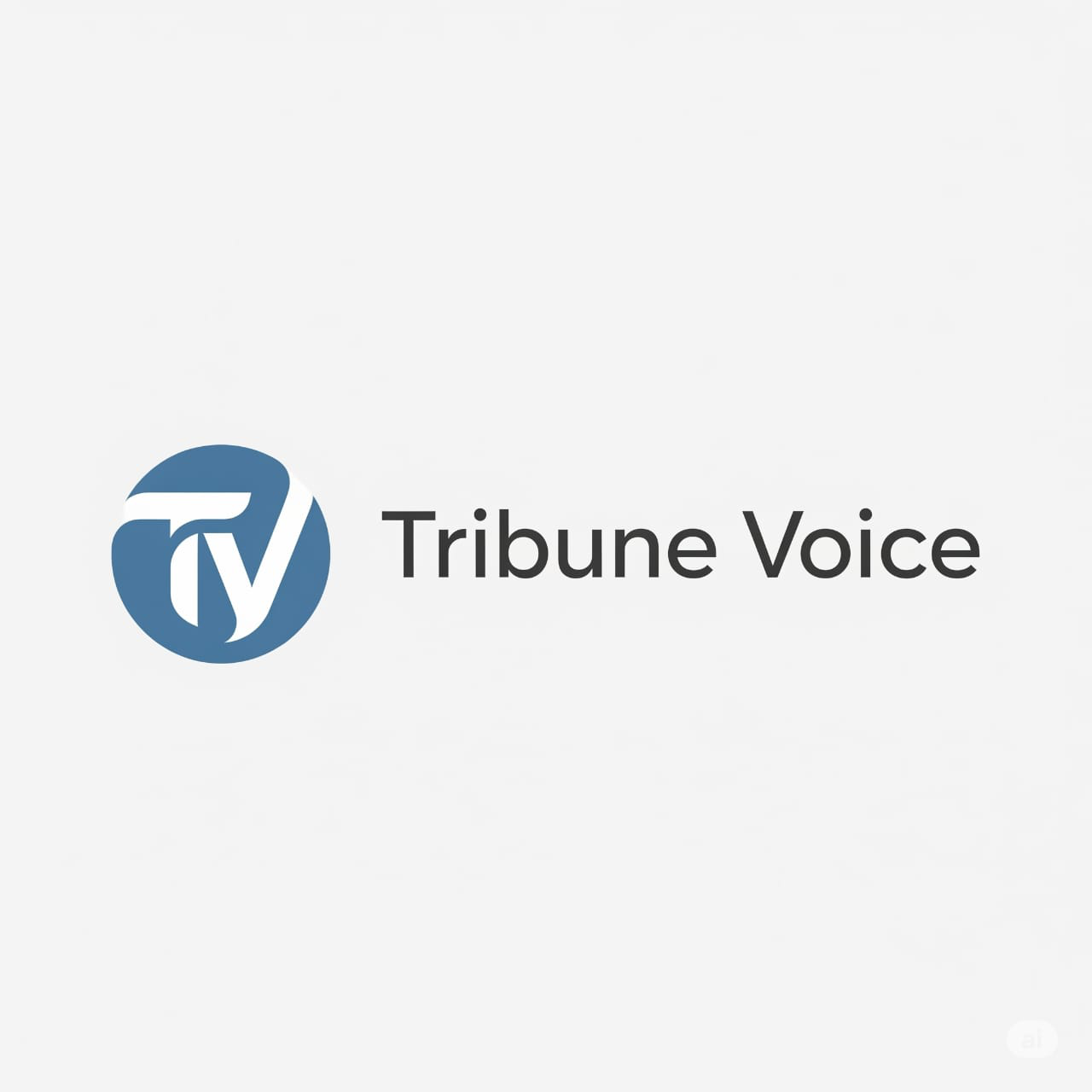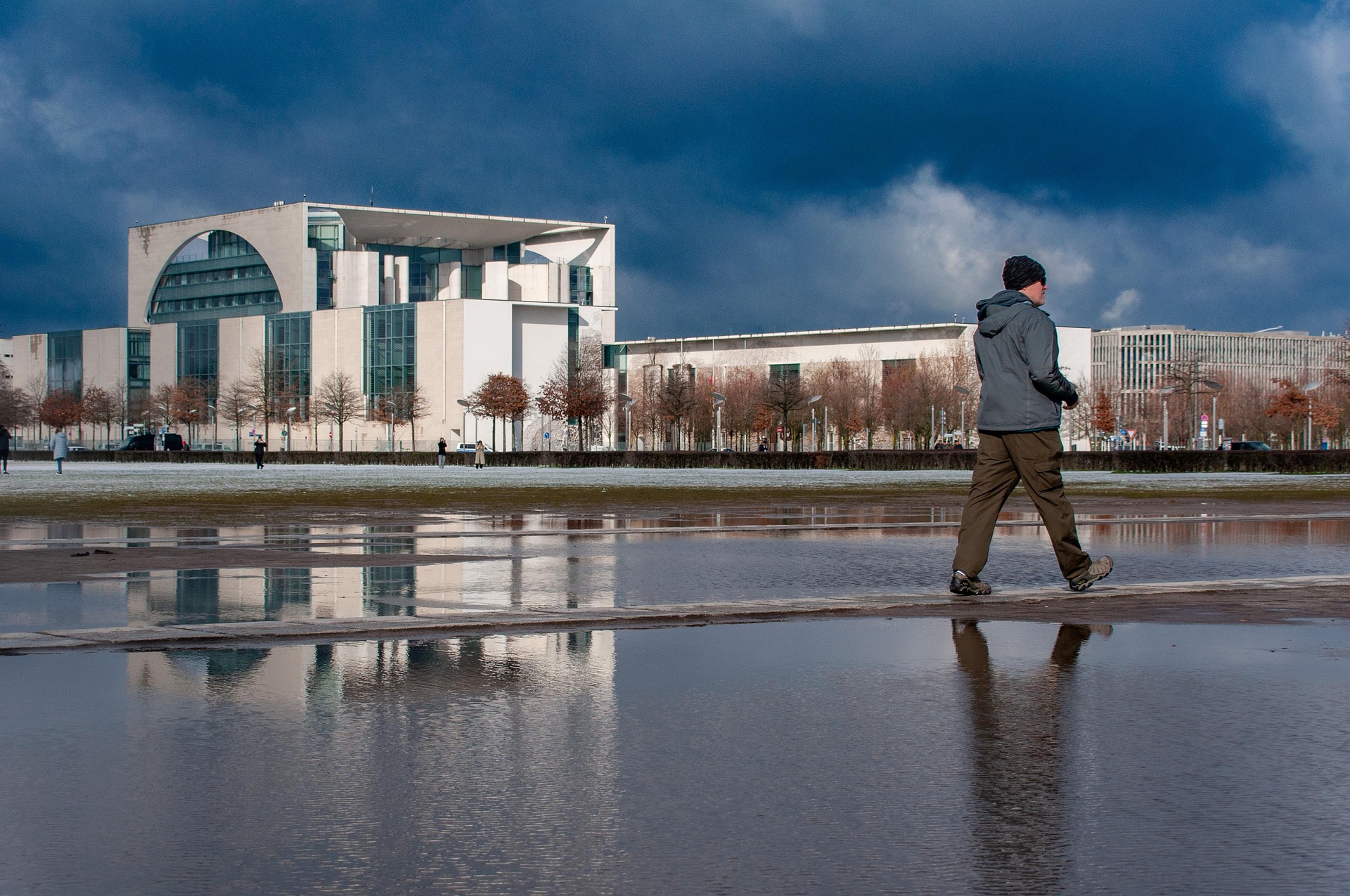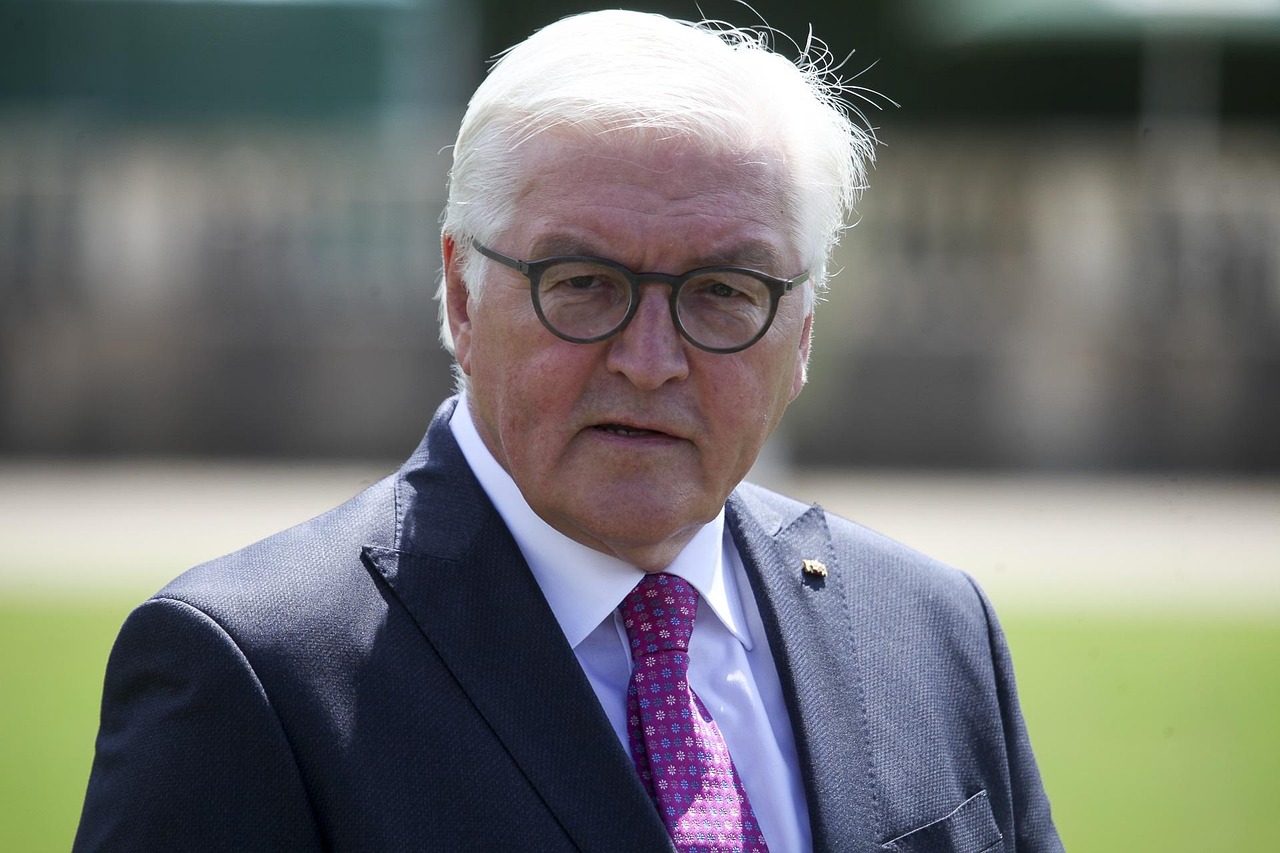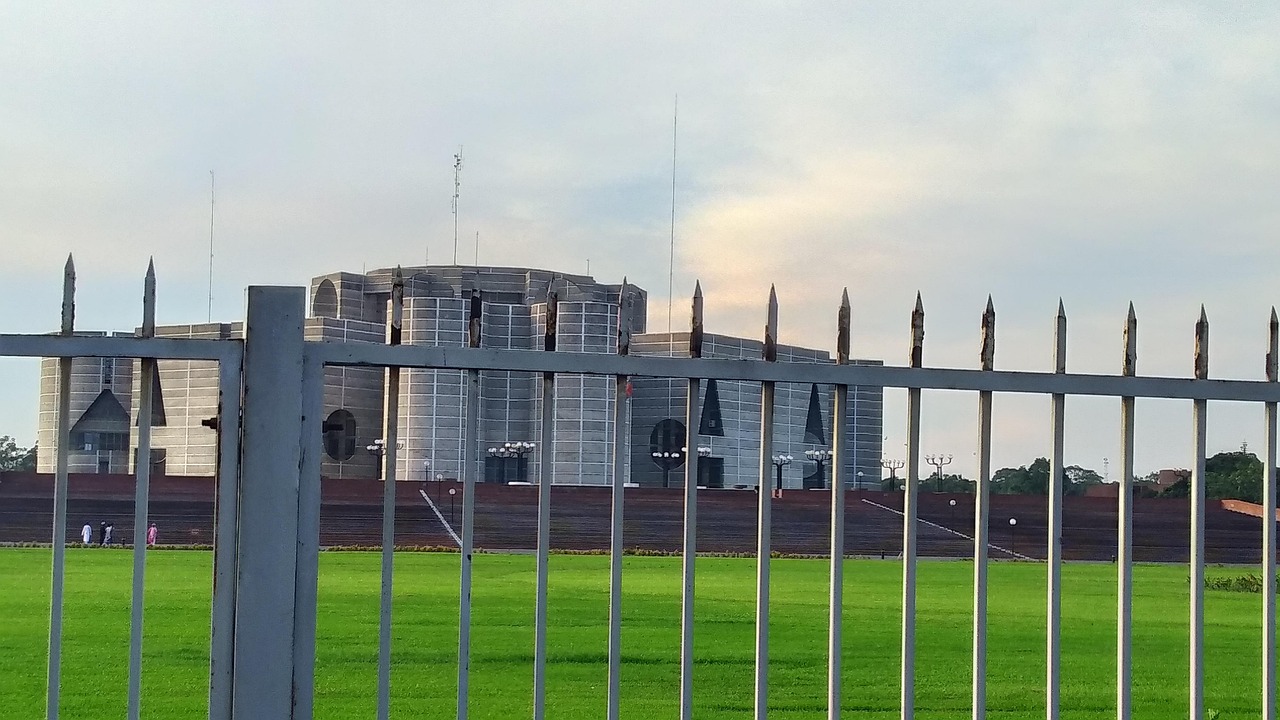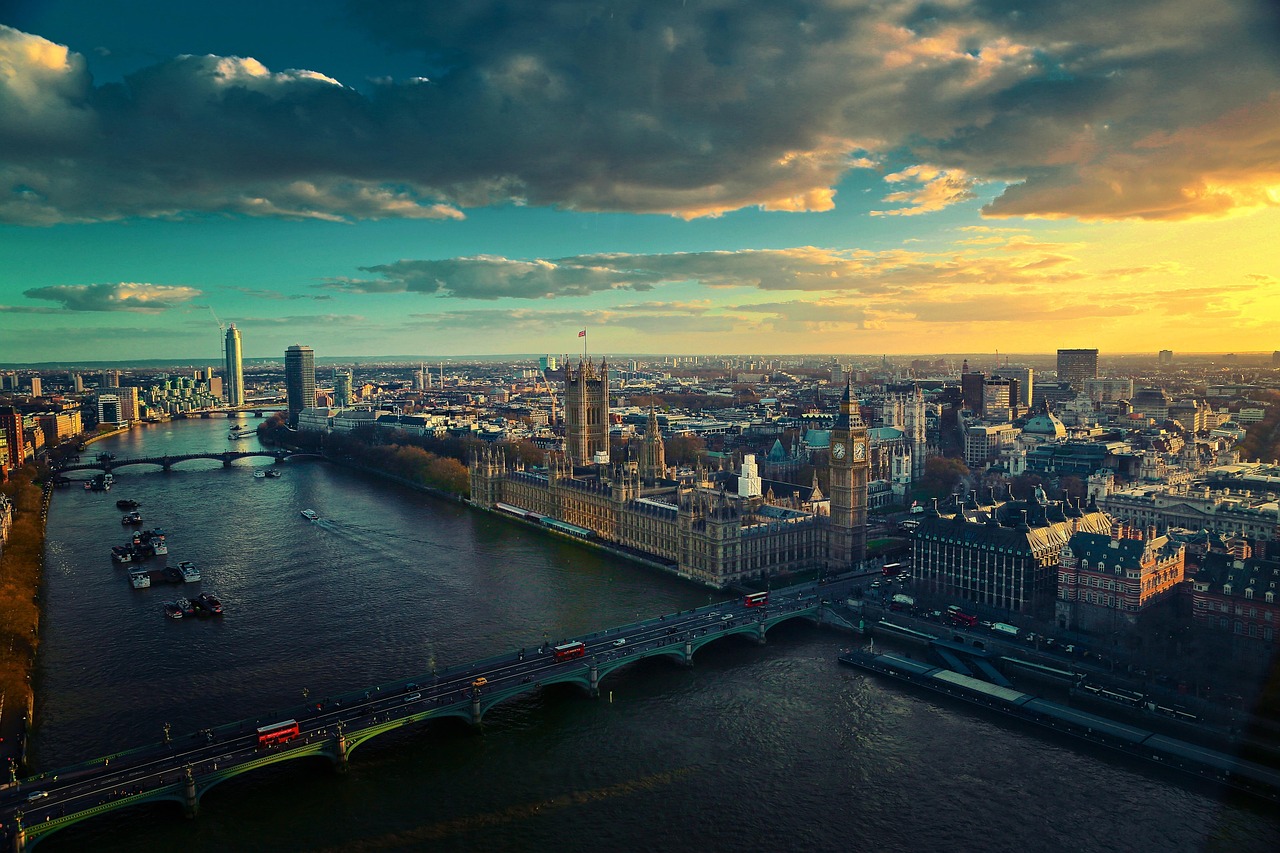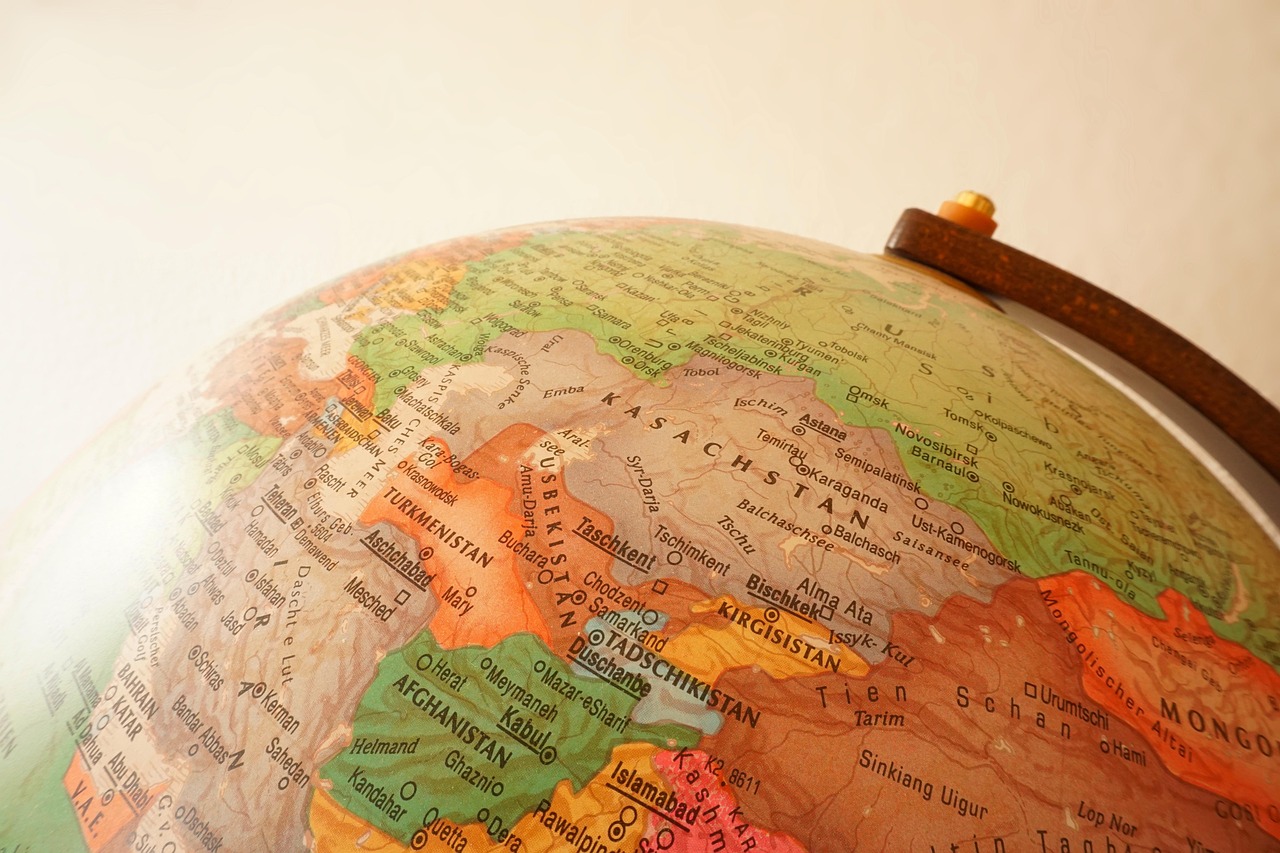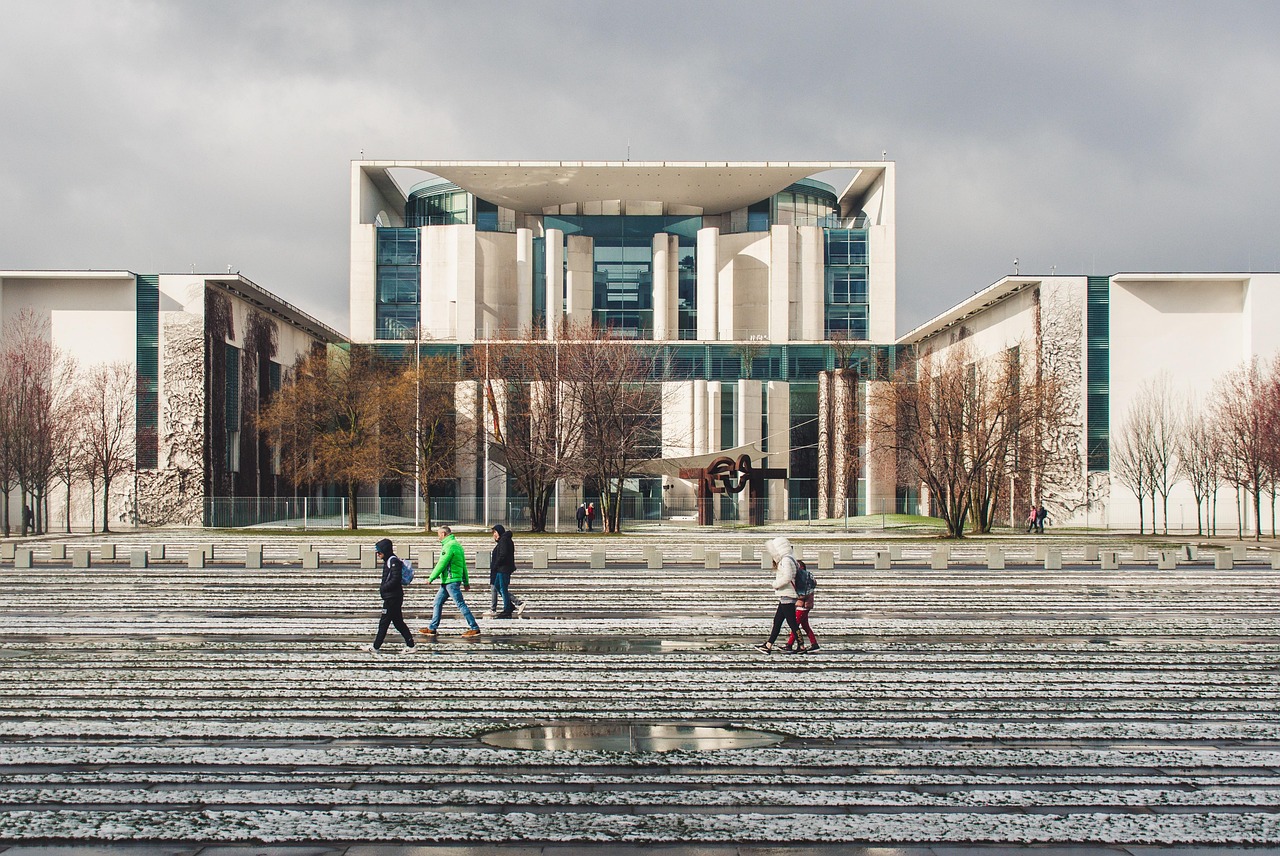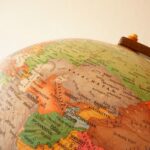Power and Politics: A Timeless Dance of Influence and Authority
1. Defining Political Power
Political power is the ability to influence or outright control the behavior of people and institutions. It may be derived from democratic legitimacy, coercive force, wealth, tradition, or charisma. Classic political theorists like Machiavelli and Hobbes viewed power as the central pillar of governance.
“Power tends to corrupt, and absolute power corrupts absolutely.” — Lord Acton
2. Authority vs. Influence
Authority is formal and institutional, while influence is often informal and personal. In modern governance, leaders must balance both. A president or prime minister may hold office (authority), but without public trust or moral influence, their effectiveness can collapse.
3. Democracy and the Distribution of Power
Democracies aim to decentralize power, placing it in the hands of elected representatives and, ultimately, the people. However, economic elites, media corporations, and lobbying groups often hold disproportionate influence, raising concerns about the true nature of democratic control.
4. The Rise of Soft Power
Coined by Joseph Nye, soft power refers to a nation’s ability to shape preferences through appeal and attraction rather than force. Cultural diplomacy, education exchange, and humanitarian aid are all tools of soft power that shape global politics as effectively as military might.
5. Public Trust and Political Legitimacy
Power without legitimacy is fragile. In an age of misinformation, scandals, and institutional fatigue, public trust is increasingly hard to earn. Political systems must be transparent, accountable, and responsive to maintain legitimacy in the eyes of their citizens.
“The authority of government… can have no pure right over my person and property but what I concede to it.” — Thomas Jefferson
6. The Technology Factor
In the digital era, political power is exercised not only through institutions but also through algorithms and data. Social media has emerged as both a tool of liberation and manipulation, allowing voices to be amplified—or silenced—by invisible digital forces.
7. Power and Resistance
Wherever power exists, resistance follows. Civil disobedience, grassroots movements, and whistleblowing are all forms of political resistance that challenge the status quo. From Gandhi to Greta Thunberg, individuals have used moral authority to confront entrenched systems.
Conclusion: The Eternal Relevance of Political Power
Power and politics remain fundamental forces in shaping human society. While the forms and faces of power may change, the underlying dance of influence and authority continues. Understanding this relationship is key to building more just, inclusive, and accountable systems for generations to come.
